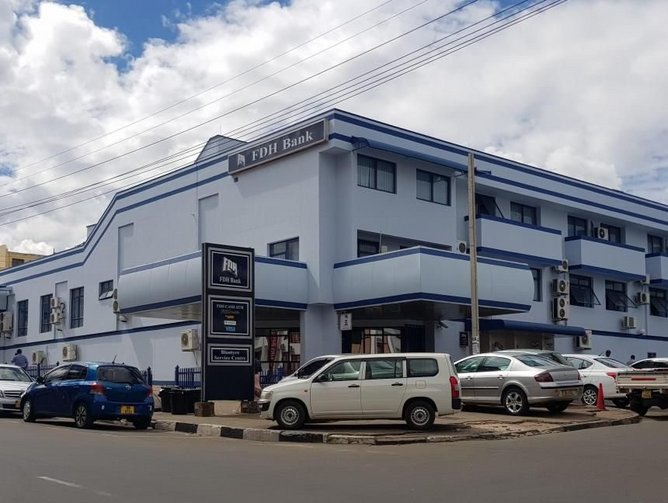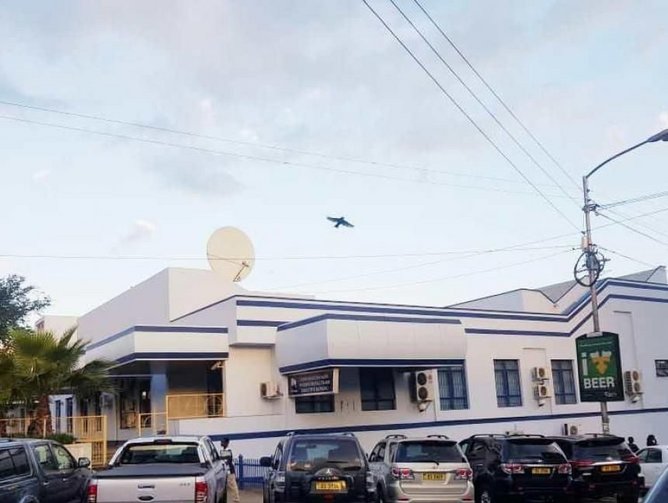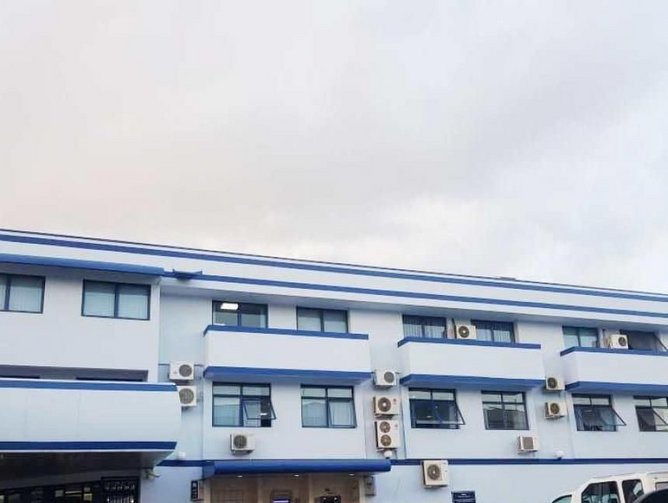FDH Bank has launched a number of financial solutions by harnessing mobile technology
The banking sector in South Africa is undergoing significant disruption. Whilst under 20% of the population in Malawi has access to traditional financial services, the government has sought to promote accessibility and financial inclusion by delivering key incentives for banks to utilise new technologies.
With a vast number of physical outlets and strong reputation, FDH Bank has become one of the largest banks in Malawi, amassing a market share of approximately 15%. However, its acquisition of Malawi Savings Bank in 2015 became the ultimate driver for the bank to gain a greater understanding of how digital tools, particularly mobile, will seek further customer engagement, anytime, anywhere.
“With technology you can provide a one-stop shop. It is the only way to be efficient, so the best way was to digitise, both internally and externally. We’ve therefore invested a lot in digital products over the last two years,” explains Deputy Managing Director, William Mpinganjira.
“Digitising our internal processes has enabled customers to transact at a more efficient pace and makes it easier for customers to engage online or on their mobile phone.”
Whilst internet connection in Malawi continues to lag over its mobile competitor, FDH has grabbed this opportunity with both hands and launched in-demand mobile services to extend its reach.
“Mobile networks are growing. There are two major mobile phone operators in Malawi, Airtel and TNM, who have roughly 50% market share between them. Combined, these companies have almost three times the number of customers compared to traditional banks at present,” notes Mpinganjira.
“They are also growing at a much faster rate in terms of acquiring new, individual customers. A mobile phone is a lot less cumbersome than opening a bank account, especially now there are new rules which are not very conducive for small economies or developing countries.”
Promoting accessibility
Undertaking essential market research each year to better understand customer needs, FDH Bank has established a number of digital products. Launching the first mobile application and digital wallet service in Malawi in 2016, the bank’s mobile wallets have enabled local citizens to gain access to sought-after banking services which they had previously thought out of reach.
“If one doesn't even have a bank account or card, they can obtain a wallet and gain access to a suite of products that we have. If customers want to pay their electricity or water bill, they can do so through their mobile wallet, without needing to travel. If someone wants to send money or to pay a bill on behalf of another beneficiary, they can also do this through this technology,” Mpinganjira says.
Additionally, for citizens that travel outside Malawi, FDH’s explorer wallet has provisioned the ability to continue transacting locally.
“This is something we are scaling up. We've introduced it in South Africa but will be moving to the UK and the US within the next two to three months,” Mpinganjira explains.
“People who are immigrants in other countries, may have relatives who live locally. They may help their families with certain payments whether it's rental payments, school fees, etc. They have to be sure that money will be used for that specific request.
“By creating a wallet outlet, customers can control that flow of funds locally here. Instead of having to use a money transfer, similar to a western union, they'd go and cash $200-$400 at a certain location, and trust that person will use that money for the right matter.”
By March 2017, FDH had gained up to 50,000 subscribers, which has now soared above 82,000. Nonetheless, whilst Malawi remains a cash-based economy, continuous education surrounding the benefits of utilising digital banking will remain vital.
With this in mind, FDH’s use of agent banking delivers essential information to encourage customers to adopt mobile banking, and has extended FDH’s reach to rural localities, removing the time it would take for communities to travel and visit a financial branch.
“There is a huge part of the country where it might not be profitable to put up a physical outlet due to poor infrastructure, but businesses continue to operate there. With agents in banking, you can establish businesses through training, vetting, and qualifying these people as agents who can provide banking services. It allows us to reach out,” comments Mpinganjira.
“Sometimes customers will not be comfortable with a bank, but they trust local businesses who have been there for many years and have established trust. This was a key reason for us to move into agency banking.”
Additionally, FDH’s Goal Save accounts continue to encourage local citizens to save, with high-interest rates attached to every penny saved. Mpinganjira stresses that such active accounts can support any potential loan application, as access to credit remains a challenge for local businesses and SME’s in the country. “Part of that savings account is collateral,” he says.
Enhanced security
Additionally, in alignment with its customer-focused digital transformation, FDH has placed significant investment in products which will integrate with its bespoke systems and guarantee scalability.
“We've had a lot of suppliers world-wide trying to sell us exciting products, but most do not work with what we have, or it cannot talk to what we have,” Mpinganjira adds earnestly.
“We partnered with our core banking supplier, Temenos Middle East, from the very start. Their products are integrated in terms of providing services to the customer, but also have an integrated accounting system within its core banking system.”
Most importantly, FDH has placed significant investment in its security through digitising its suite of services. Networks are routinely monitored, where tests are regularly undertaken to ensure all systems remain robust and secure.
“This year we also acquired a new anti-fraud monitoring system, which we are implementing to ramp up the security of these products, and also to educate our customers on how they should handle any attempts when it comes to fraud. We have now set up an IT security section within the bank, which we never used to have in the past.”
Future developments
Available all over Malawi, FDH bank is now accessible in areas where other banks have yet to enter. Providing essential services for people who continuously move across the country, FDH will remain local, and continue to tailor its services to the needs of Malawian citizens. By developing and integrating its services with mobile phone operators, its digital offering will further grant customers flexibility and choice.
However, long-term, Mpinganjira remains acutely aware of how new financial technologies will work to transform the banking industry, where it will work to keep abreast of any potential trends in the market.
“Technology that is coming into banking is blockchain and cryptocurrencies,” he says excitedly. “These are technologies that, as a bank, we need to be fully engaged in and see how best we can improve the service moving forward. Over time, traditional brick and mortar branches are going to disappear as customers become more technology savvy, and as the country develops more and customers make better use of their time. Brick and mortar will still be relevant, but not as relevant as it is today.”
He concludes: “The investment in digital products, especially partnerships with fintechs, who are very important and agile when it comes to the development of new products, are very perceptive on what's going on compared with banks. Banks are limited as a result of regulation by central banks, who are not the best innovators. Collaboration with fintechs and mobile phone operators will be critical for further successes in the banking sector in the future.”




